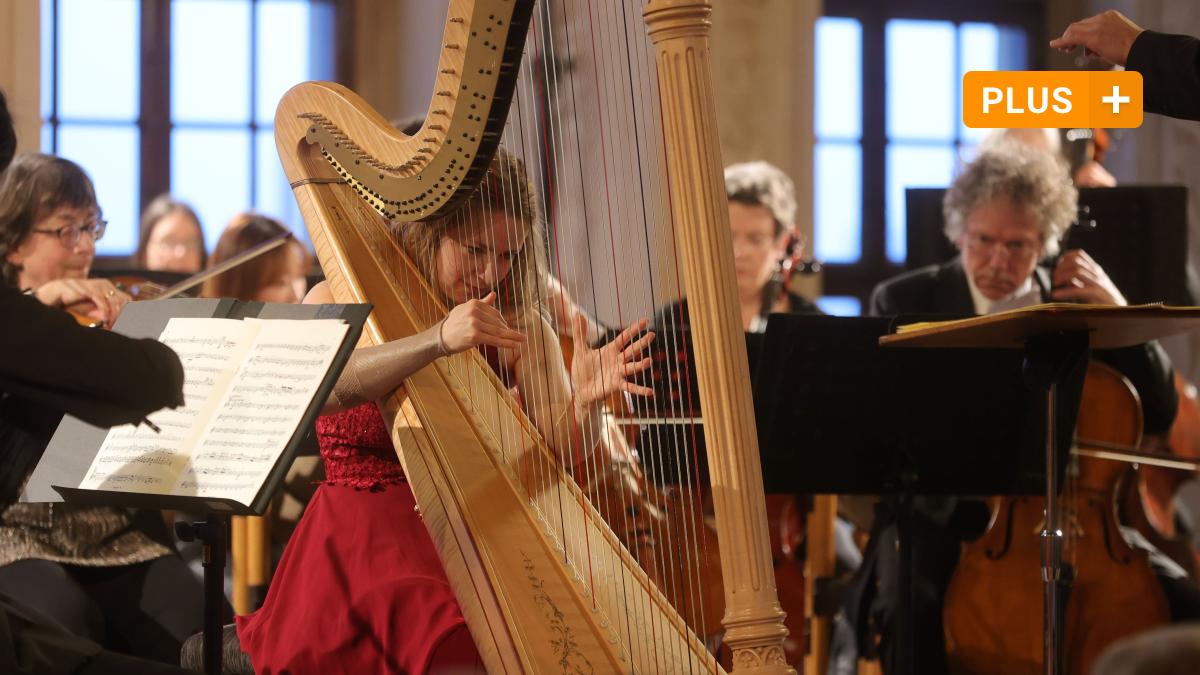Within 20 years, the number of annual dengue cases worldwide has increased tenfold from about 500,000 cases to five million. Now there is an effective vaccine. A few days ago, the German Standing Committee on Vaccination (STIKO) recommended this vaccination for the first time for people who have already had dengue infection.
“STIKO recommends dengue vaccination with the Qdenga vaccine as a travel vaccination for people aged four years and older who have a history (in their medical history; note) of dengue virus infection confirmed by laboratory diagnosis, who are traveling to a place where dengue is endemic.” area and have an increased risk of exposure there (e.g., longer stay, current outbreak). A full series of vaccinations must be carried out before leaving the country (i.e. two doses of the vaccine at least three months apart),” the German Commission, which has also been a leading institution for German-speaking countries for decades, now says in its epidemiological bulletin.
Dengue fever is widespread
The background to the recommendation lies in two facts: First, that dengue fever, which is transmitted by the Aedes aegypti mosquito and the Asian tiger mosquito Aedes albopictus, which has also spread in Europe, has continued to spread in the past. Second, the European Union recently introduced a new vaccine made from weakened pathogens that protects against all four serotypes of pathogens and has been approved for children aged four years and older.
Dengue fever can be a problem for travelers, especially in East Asia. The pathogens belong to the Flaviviruses, and TBE pathogens also fall within this group of viruses. “The prevalence of dengue fever and the number of cases worldwide have increased in recent years. The World Health Organization, for example, points to an increase from 505,430 cases worldwide in 2000 to 5.2 million cases in 2019. This is due to To global travel and trade activities as well as lower prices “Due to climatic conditions, the Aedes mosquito has now settled in Europe. In 2020, 1,820 dengue cases were confirmed within the European Union, and indigenous (non-introduced, note) cases were also repeatedly confirmed In southern Europe. Austrian vaccination plan
Secondary infections are especially dangerous
The problem is a secondary infection. While the vast majority of cases survive the first infection with moderate to severe flu-like symptoms (fever, including high fever, headache, muscle aches, joint pain, nausea, and rash), it can occur particularly after a second infection. Different serotypes of pathogens. The first infection can also lead to serious diseases. In more severe cases, hemorrhagic fever or even shock syndrome occurs. In Austria, dengue fever must be reported.
According to the German STIKO, vaccination should be used to avoid such a second infection. The new vaccine was approved by the European Medicines Agency (EMA) in December last year. The first vaccine has not been developed worldwide.
German experts do not recommend primary prophylactic vaccination against dengue infection: “The available data for people who have not had dengue virus infection in the past (“dengue naïve”) are currently very limited. Therefore, STIKO currently provides “There is no general recommendation for vaccination for dengue naïve people.” “Dengue fever.”
The Austrian vaccination plan currently only stipulates that people can be offered vaccination against dengue after first infection before travel. “At this time, no general recommendation can be made for vaccination against dengue before traveling to endemic areas, as data currently available for travelers and tourists remains limited,” she says. “In order to reduce the risk of a more serious second infection, people with Confirmed dengue virus: “Get vaccinated before traveling to a (high) risk area.” In 2022, 56 dengue cases were reported in Austria. The numbers range from year to year between 30 and 120.

“Tv expert. Hardcore creator. Extreme music fan. Lifelong twitter geek. Certified travel enthusiast. Baconaholic. Pop culture nerd. Reader. Freelance student.”






More Stories
Boeing space capsule: Starliner before the first manned test flight
Shooting stars from Eta buckets on the way | tagesschau.de
Horsehead Nebula close-up – new images from the James Webb Telescope